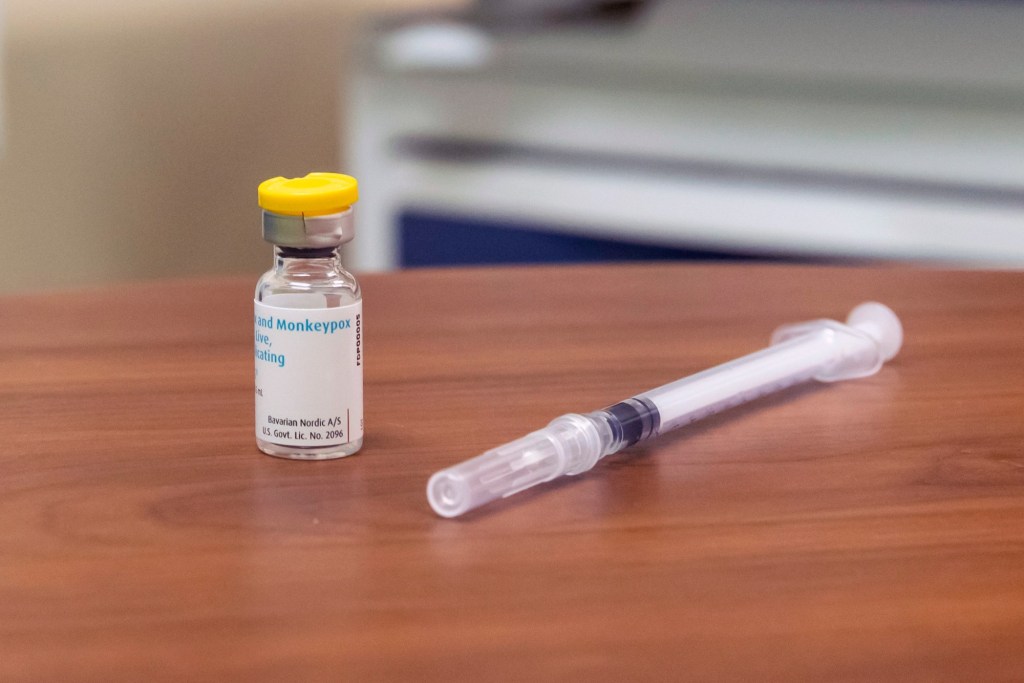Long Beach’s Department of Health and Human Services has confirmed the city’s first case of clade I mpox — a different strain of the disease that typically causes more severe illness.
The case was confirmed in a Long Beach resident with no recent travel history, the health department said in a Tuesday, Oct. 14, news release. While the infected person required hospitalization, they’re now recovering at home.
“The risk to the public remains low and the health department is conducting a thorough public health investigation, including a review of the person’s potential sources of exposure such as social and travel history, and is implementing contact tracing procedures,” the city said. “At this time, no additional cases of clade I mpox have been identified in Long Beach.”
The clade I strain of mpox differs from clade II — which typically causes lesser symptoms and was responsible for the 2022-23 outbreak in the United States, the city said. There have been just seven cases of clade I mpox confirmed in the U.S., including the Long Beach case.
This case, the city said, is the first confirmed without known travel. Clade I mpox symptoms include rash or lesions, fever, sore throat, swollen lymph nodes and body aches, according to the city.
“While the overall risk of mpox clade I exposure to the public remains low, we are taking this very seriously and ensuring our community and health care partners remain vigilant so we can prevent any more cases,” Mayor Rex Richardson said in the news release. “This underscores the importance of continued surveillance, early response and vaccination.”
The city is working with both the California Department of Public Health and the U.S. Centers for Disease Control and Prevention to provide education to health care providers and the community, and determine whether there are other cases of the disease.
Mpox is spread through direct contact with infectious sores, body fluids, sexual or intimate contact (including hugging, kissing, and cuddling), and contact with contaminated items like bedding or clothing, the city said.
“Anyone who develops an unexplained rash or lesions should avoid sex and intimate contact and seek medical evaluation as soon as possible,” the health department said. “Most people recover within 2-4 weeks, but antiviral treatments may be considered for individuals with or at risk of developing severe illness.”
CDPH, despite overall risk of mpox infection remaining low, recommends that people with increased risk of exposure get vaccinated.
“This includes,” the city said, “people who are gay or bisexual and men who have sex with men, transgender and non-binary people, people who are immunocompromised (e.g. those with HIV), someone who was exposed to a person with mpox, those with occupational exposure, and people planning to travel to areas with ongoing mpox outbreaks.”
The available vaccine, JYNNEOS, provides protection against both clade I and II mpox, and is available at local pharmacies including CVS and Walgreens.
Residents can locate an mpox vaccine at empoweredagainstmpox.com. The city’s HIV/STI resource line, 562-570-4321, can provide guidance about vaccines and symptoms.

